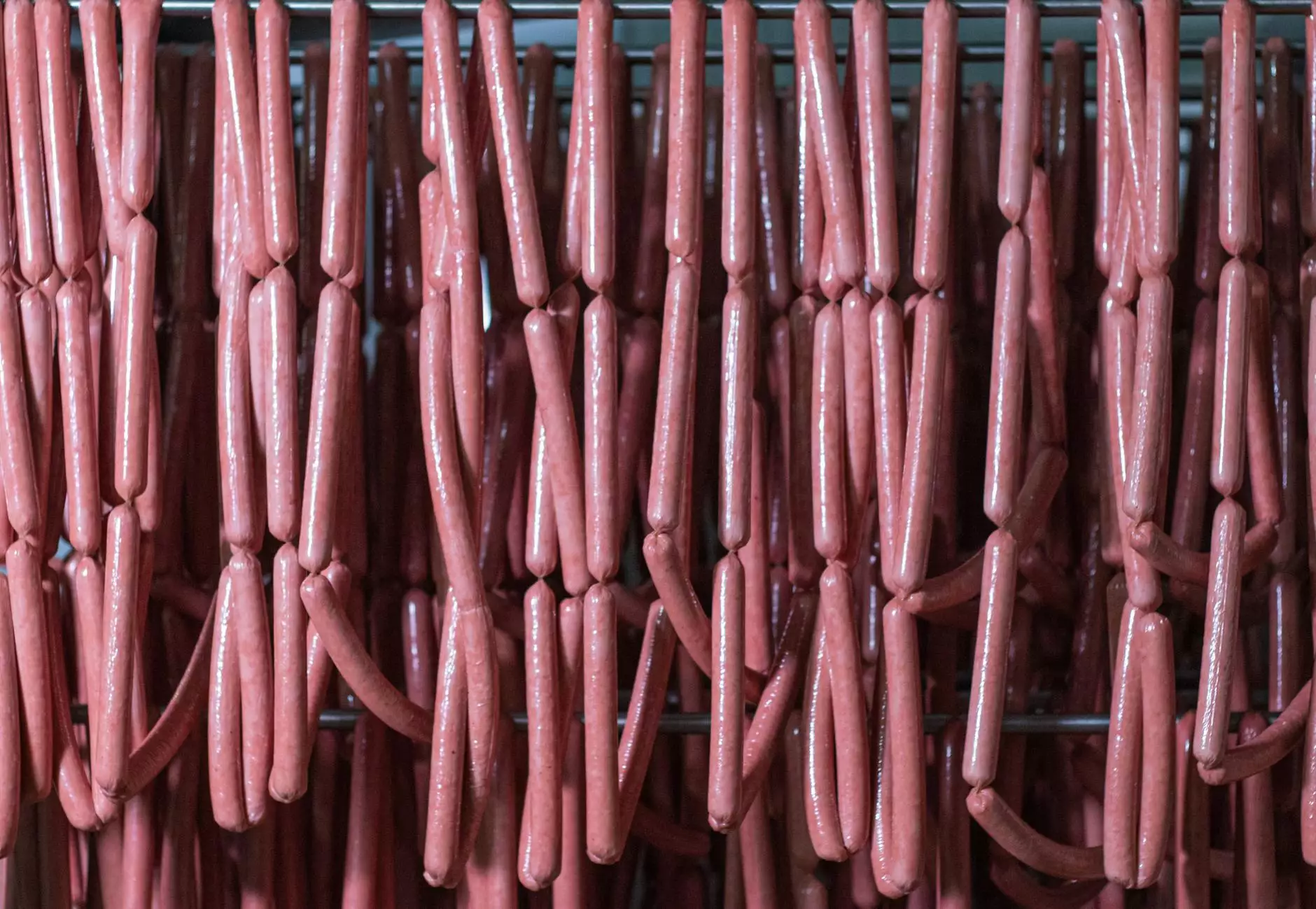The Sustainable Future of Agriculture: Embracing Dogal Gubre

In recent years, there has been a remarkable shift in agricultural practices, with many farmers moving towards more sustainable methods. At the forefront of this transformation is the use of dogal gubre, or organic fertilizer, which is celebrated for its ability to improve soil health, boost plant growth, and promote environmental sustainability.
What is Dogal Gubre?
Dogal gubre refers to organic fertilizers derived from natural sources, which include animal manure, compost, and plant materials. Unlike synthetic fertilizers, organic fertilizers enhance the soil's natural processes without causing harm to the environment. They are packed with essential nutrients that enrich the soil and promote healthy plant growth.
The Importance of Organic Fertilizer in Modern Agriculture
As the agriculture industry faces numerous challenges, including soil degradation and climate change, the need for sustainable practices becomes increasingly critical. Here's why dogal gubre is essential:
- Enhances Soil Health: Organic fertilizers improve soil structure, increase microbial activity, and enhance nutrient retention.
- Reduces Environmental Impact: By choosing organic fertilizers, farmers contribute to less runoff and prevent pollution of water bodies.
- Boosts Plant Growth: The slow-release nature of dogal gubre provides plants with a steady supply of nutrients, resulting in healthier crops.
- Supports Biodiversity: Organic farming practices maintain a balanced ecosystem, supporting various organisms in the soil.
- Improves Crop Quality: Plants grown with organic fertilizers often have better taste, higher nutritional value, and longer shelf life.
Types of Dogal Gubre
Understanding the different types of dogal gubre available can help farmers choose the right fertilizers for their specific needs. Here are some common types:
1. Animal Manure
Animal manure is one of the most traditional forms of organic fertilizer. It includes droppings from livestock such as cattle, sheep, and poultry. Manure enriches soil with nitrogen, phosphorus, and potassium, essential nutrients for plant growth.
2. Compost
Compost is made from decomposed organic materials, including food scraps, yard waste, and agricultural residues. It's rich in beneficial microorganisms and nutrients that can significantly enhance soil fertility and structure.
3. Green Manure
Green manure involves growing certain crops specifically to be tilled back into the soil. These cover crops improve soil fertility and structure while preventing erosion.
4. Seaweed Fertilizer
Harvested from oceanic sources, seaweed fertilizer contains trace minerals, vitamins, and plant growth hormones. It is excellent for improving soil health and plant growth.
5. Bone Meal
Bone meal is a byproduct of the meat industry, rich in phosphorus and calcium. It promotes root development and flowering, making it ideal for perennials and root crops.
How to Effectively Use Dogal Gubre
To reap the benefits of dogal gubre, it’s essential to use it effectively. Here are several tips for application:
1. Soil Testing
Before applying any fertilizer, conduct a soil test to determine nutrient levels and pH balance. This will help inform the specific needs of the crops.
2. Right Timing
Apply organic fertilizers at the right time to maximize nutrient availability. Typically, it's best to use them before planting or during the growing season when plants are actively developing.
3. Proper Application Techniques
Spread organic fertilizers evenly across the soil and incorporate them through tilling. This improves nutrient uptake by plants.
4. Layering with Mulch
Consider layering organic fertilizers with mulch to prevent nutrient leaching and enhance moisture retention. This combination creates an optimal environment for plant growth.
5. Monitor Plant Health
Keep an eye on your plants and any signs of nutrient deficiencies or excesses. Adjust your fertilization practices based on observations for optimal growth.
The Financial Benefits of Using Dogal Gubre
Aside from the environmental impact, using organic fertilizers can also be economically beneficial for farmers:
- Reduced Input Costs: Although the initial investment in organic fertilizers may seem high, they often lead to lower costs over time due to improved soil fertility and reduced need for chemical inputs.
- Increased Crop Yields: Healthier plants typically produce better yields, translating to increased revenue for farmers using organic fertilizers.
- Market Demand: There is a growing consumer preference for organic products, which can allow farmers to command higher prices for their crops.
Challenges and Considerations
While there are countless benefits to using dogal gubre, there are challenges that farmers should consider:
1. Nutrient Variability
The nutrient content in organic fertilizers can vary significantly. Farmers must be diligent in testing and monitoring their soils.
2. Slower Nutrient Release
Organic fertilizers release nutrients more slowly compared to synthetic options, which can initially hinder growth if not managed properly.
3. Labor Intensive
Applying organic fertilizers often requires more labor than simply using synthetic fertilizers, especially when preparing compost or manure.
Conclusion: The Future of Farming is Organic
The shift towards sustainable agriculture is imperative for the health of our planet and the wellbeing of future generations. Dogal gubre plays a pivotal role in this transition, providing numerous benefits for both the environment and the agricultural economy.
Farmers embracing organic practices can expect not only improved soil health and crop yields but also a positive financial outlook. With a focus on education and innovation in the use of dogal gubre, the agricultural sector can transition towards a more sustainable future, ensuring that it meets the demands of a growing global population.
To learn more about organic practices and products, visit Teox Farm and discover how you can implement these practices into your farming system. Embrace the power of organic fertilizers today for a more sustainable tomorrow!









